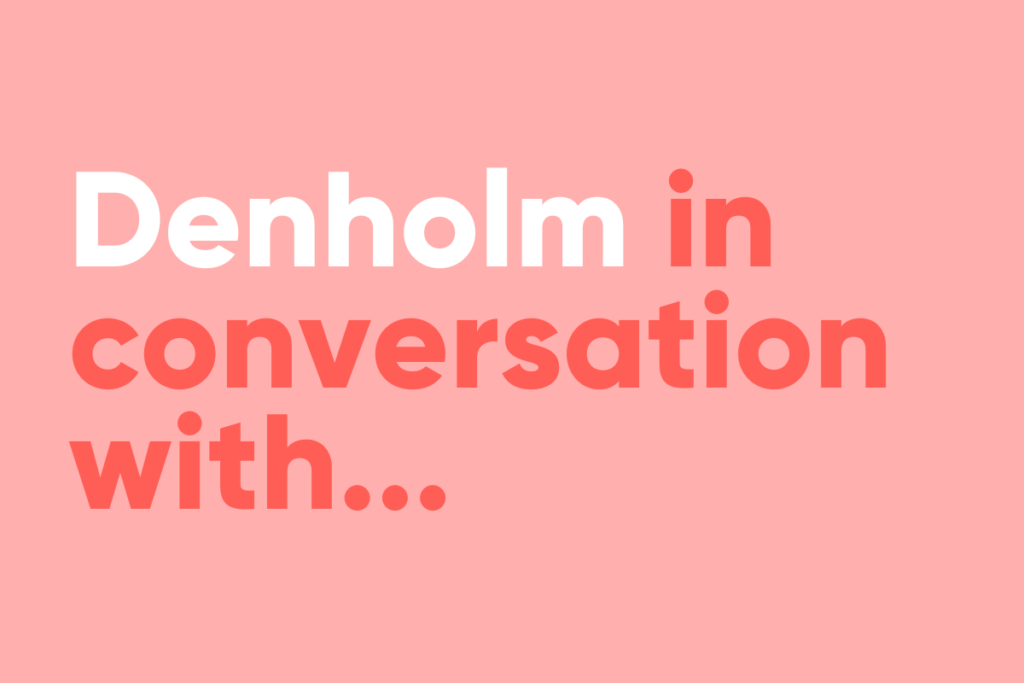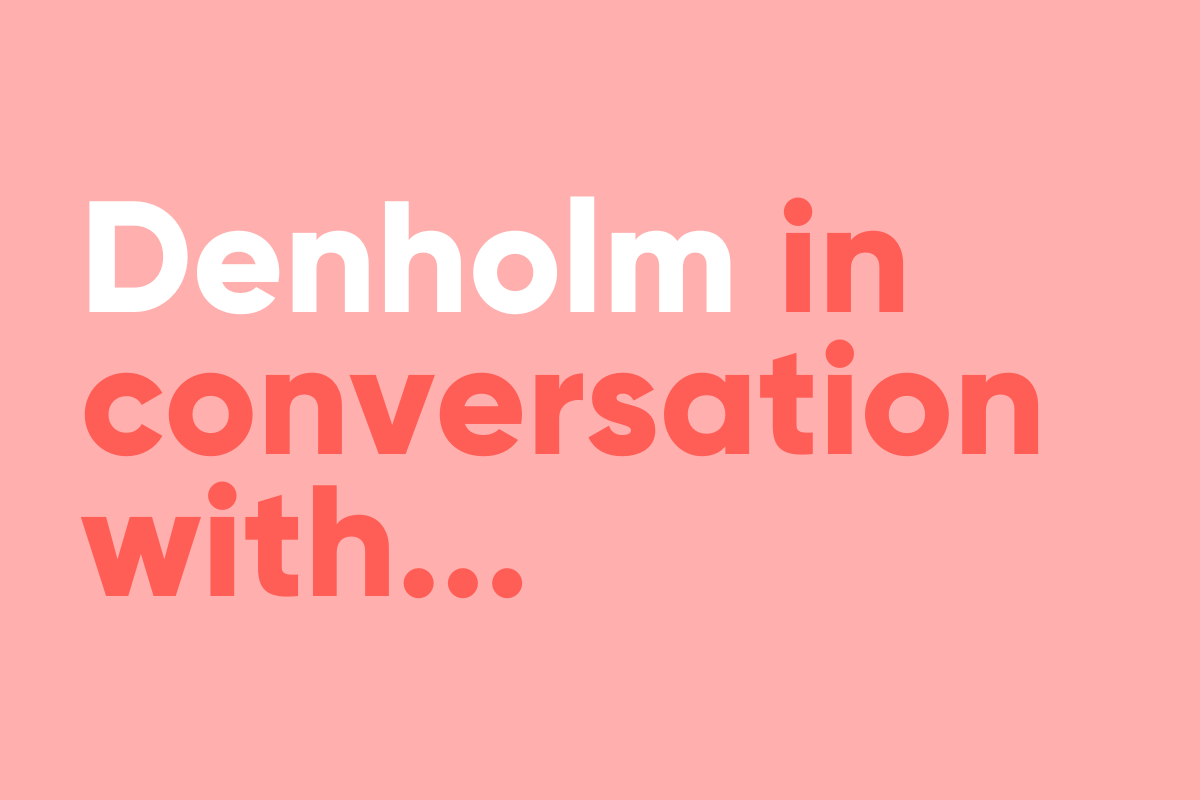
Our first conversation in the series features Caroline Bysh, the Director of Marketing, Digital and Communications at SRUC.
What are the most important attributes of successful leaders today?
That’s a very interesting question. I think the skills that leaders have needed over the last few years have seen a rapid shift. The disconnected, demanding and ‘whatever I say goes’ leader has become outdated and compassion, empathy and humility have certainly come to the fore.
I’ve always been a heart-centred leader and as the world stood still during lockdown, these attributes took centre stage for me. Given that hybrid working has the potential to blur the lines between home and work life more than before, the importance of personal and professional boundaries – and supporting people to put those in place – is a key part of compassionate leadership for me.
Cohesion in the teams and organisations that we lead is at the heart of how everyone comes together, and trust is a critical part of that. I am a firm believer in leaders showing their vulnerabilities – we are not robots, and our colleagues need to see our humanity in a way that builds mutual trust and care. In my experience, these are the roots of high-performing teams. This is critical now and I hope this remains so following the pandemic.
What qualities (if any) are lacking among today’s leaders?
Honesty and integrity come straight to mind. It’s challenging not to make generalisations here; there’s so much in the news regarding poor and unaccountable leadership. I think what is most noticeable, and equally what can cause the most damage to a leader, is a lack of integrity.
When I think about leadership roles in the public sector, for example, these qualities are critical to me. You must be trustworthy and transparent as much as possible and stick to your word. If not, we risk preventing good people from stepping forward as leaders because they see some systems as corrupt, toxic and unstable. It makes me want to take a trip to Westminster and fix things!
What makes you most proud?
Professionally, it is always the people. When I see my team collaborating, being creative, enjoying their work and delivering results at their fullest potential, that’s where leadership is the most rewarding for me. What makes them proud, makes me proud!
What is the most important risk you took and why?
I’m not a natural risk-taker and I do like to have a plan. However, my line of work means you’ve got to strike a balance of being prepared, and ready to think on your feet as well.
One risk that’s associated with a difficult time was when I was on maternity leave with my first child. During this period, I was made redundant from a position I loved and was good at. This took me a good couple of years to recover from; I felt that I had lost all value and agency in my career.
Many senior leaders admit to imposter syndrome and I am no different – my first fear at that time was that I would never be employed again, so the easy thing would’ve been to go for another role straight away. But I didn’t.
The risk I took was to set up my own consultancy business to keep my brain active and allow time to heal, as well as work with some great clients. The risk paid off because I was able to be more flexible around my children, rebuild my confidence and motivate myself to think beyond the career trajectory I originally had in mind.
This taught me there’s always a way to make a living if you are willing to take a risk, to stretch yourself, and have a great network around you. This journey landed my first executive-level role.
What is the difference in progressing from senior management to executive level?
This is my first executive role and I’ve been in it for 3.5 years now. What I will say is that the creative, ‘inspirer’ personality types can have a tendency to want to ‘fix stuff’ straight away. With that temperament comes a risk of overload and even more so at this level. So how you manage things is different. I now factor in more guilt-free time to look after myself – I don’t carry any responsibilities or work during this time, it’s purely for me. I switch off completely, whether it be swimming, reading or just being peaceful. This has been a significant learning curve in my career so far.
You tend to land senior management roles through experience, but an executive-level position is much more stretching. Becoming a specialist in a particular field and growing into a more generalist, ‘T-shaped’ leader takes time, and with that you can feel a loss of identity as you delegate more of the specialist work to others and look at an organisation more holistically.
Attitudes, behaviours, and being a role model are vital; people look up to you and are watching. Safe spaces are required in this type of role as you are constantly being observed and unfortunately, even in 2022, some senior women can still feel that they are being evaluated and judged more harshly than their male counterparts.
The shift from senior management to executive level really is thrilling, but it can be draining. It’s not so much the pressure, but intensity. You’ve got to make the right decisions as a leadership team, stand by those decisions together, and be able to communicate these properly whilst seeking to inspire and challenge those looking to you for leadership. I want to be valued and remembered for those sorts of behaviours.
Talk to Denholm
If you’d like to speak to us about your journey to leadership, growing your team, or even switching careers, please get in touch on 03303 359 818 today. Thank you.



